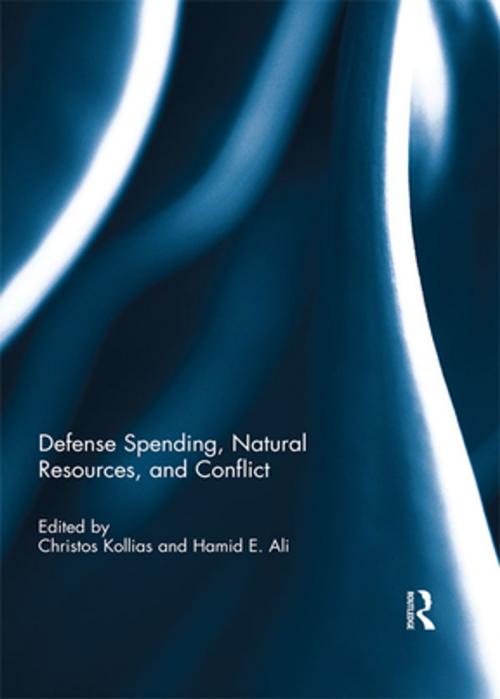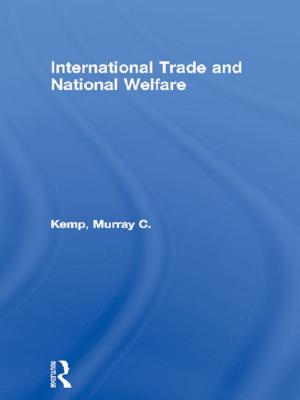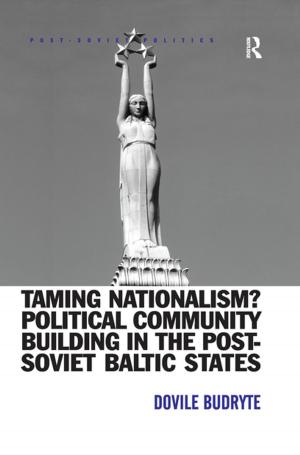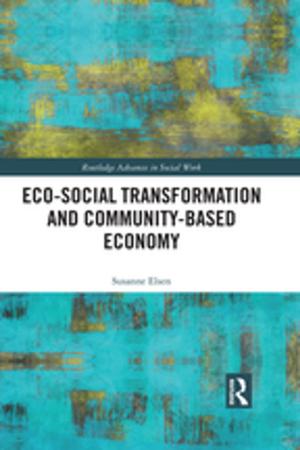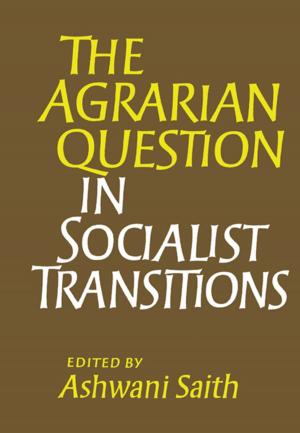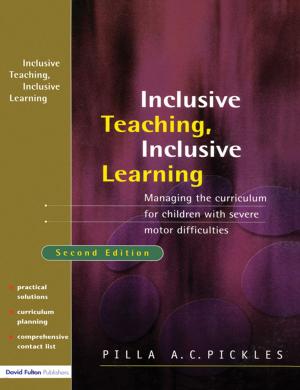| Author: | ISBN: | 9781317391401 | |
| Publisher: | Taylor and Francis | Publication: | October 2, 2017 |
| Imprint: | Routledge | Language: | English |
| Author: | |
| ISBN: | 9781317391401 |
| Publisher: | Taylor and Francis |
| Publication: | October 2, 2017 |
| Imprint: | Routledge |
| Language: | English |
This book is an intellectual contribution of policy scientists and researchers from different academic institutions in different parts of the world. The Arab Spring, the rise of ISIS and terrorism ignite the debate on studying conflict and natural resources. Uniquely, the book discusses the sources of the conflicts and the institutions that are managing the conflicts. The natural resources, defense spending, conflict and human welfare are intertwined. In support of the ‘resource curse’ hypothesis, the book shows that an abundance of natural resources, particularly oil, encourages an increase in military spending and lower economic growth. In addition, the good economic and political institutions do reduce the hazard of conflict; and strong political institutions for checks and balances appear to weaken the impact of natural resources on conflicts.
The book also examines the relationship between defense and social welfare expenditures – specifically, health and education. Shedding light on the complicated nature of the relationship between defense spending, inequality, and types of political and welfare regimes gives us a deeper understanding of the type of democratic systems that will likely improve social welfare. In studying the political economy of defense spending, the book shows the link between public opinion toward defense spending and voters' support for candidates. The analysis shows that party identification or having a vested interest in defense industries do correlate with a preference for increasing defense spending.
This book was published as a special issue of Defence and Peace Economics.
This book is an intellectual contribution of policy scientists and researchers from different academic institutions in different parts of the world. The Arab Spring, the rise of ISIS and terrorism ignite the debate on studying conflict and natural resources. Uniquely, the book discusses the sources of the conflicts and the institutions that are managing the conflicts. The natural resources, defense spending, conflict and human welfare are intertwined. In support of the ‘resource curse’ hypothesis, the book shows that an abundance of natural resources, particularly oil, encourages an increase in military spending and lower economic growth. In addition, the good economic and political institutions do reduce the hazard of conflict; and strong political institutions for checks and balances appear to weaken the impact of natural resources on conflicts.
The book also examines the relationship between defense and social welfare expenditures – specifically, health and education. Shedding light on the complicated nature of the relationship between defense spending, inequality, and types of political and welfare regimes gives us a deeper understanding of the type of democratic systems that will likely improve social welfare. In studying the political economy of defense spending, the book shows the link between public opinion toward defense spending and voters' support for candidates. The analysis shows that party identification or having a vested interest in defense industries do correlate with a preference for increasing defense spending.
This book was published as a special issue of Defence and Peace Economics.
